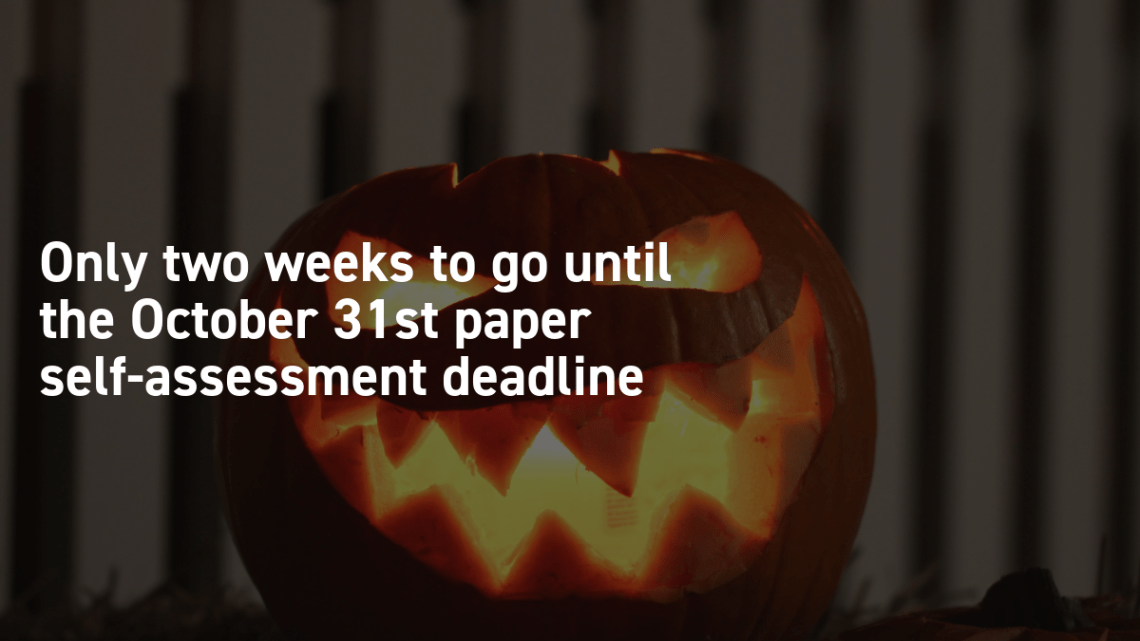
The deadline for individuals choosing to complete their self-assessment via post is midnight 31st October.
With the deadline for postal self-assessments now only two weeks away, Trusha Shah, Tax Manager at HW Fisher, outlines who needs to complete a self-assessment and how to avoid a web of mistakes.
“Last year 96% of people chose to complete their self-assessment tax return online. This means that while an overwhelming majority prefer to do their returns digitally, there are still some individuals who prefer to complete their return via post.
“If you are planning to complete your tax return by post, remember that the October 31st deadline is the date by which HMRC needs to receive all necessary paperwork – not the last day that you can send your return off in the post. If you don’t think you will have enough time, don’t fear – you can still complete your return online, for which the deadline is the 31st of January 2025.”
Do you need to file a tax return?
You must submit a tax return if you have self-employed earnings or have received untaxed income over £1,000, and if HMRC have issued a notice to complete one.
However, it’s not just the self-employed who have to complete their self-assessment tax returns. You will also have to file if you have any untaxed income from:
If you are a non-UK resident, you will either need to file a paper return by October 31st deadline or appoint an agent with the approved software to assist with online filing. If your rental business has commenced since 6 April 2024, please contact your agents to start the registration process with HMRC and obtain a SA UTR number. The registration process with the agent and HMRC can take long.
To register for online tax filing, the individual will need a UK NI number and Postal address (postcode) to set up a government ID account.
Treat yourself to five tips on how to complete your tax return
Are you a non-UK resident? Avoid these grave errors
Shah adds: “To avoid the risk of your return getting lost in the post, and to allow yourself more time to gather all the information that you need to complete your tax return accurately, we’d always recommend completing your return online. If you’ve not done it this way before, don’t worry – the process is very simple and there’s plenty of advice and tutorials available on HMRC’s website that you can follow.”
If you have questions about your self-assessment tax return and would like specialist advice, get in touch with our tax team here.
We’d love to hear from you. To book an appointment or to find out more about our services: